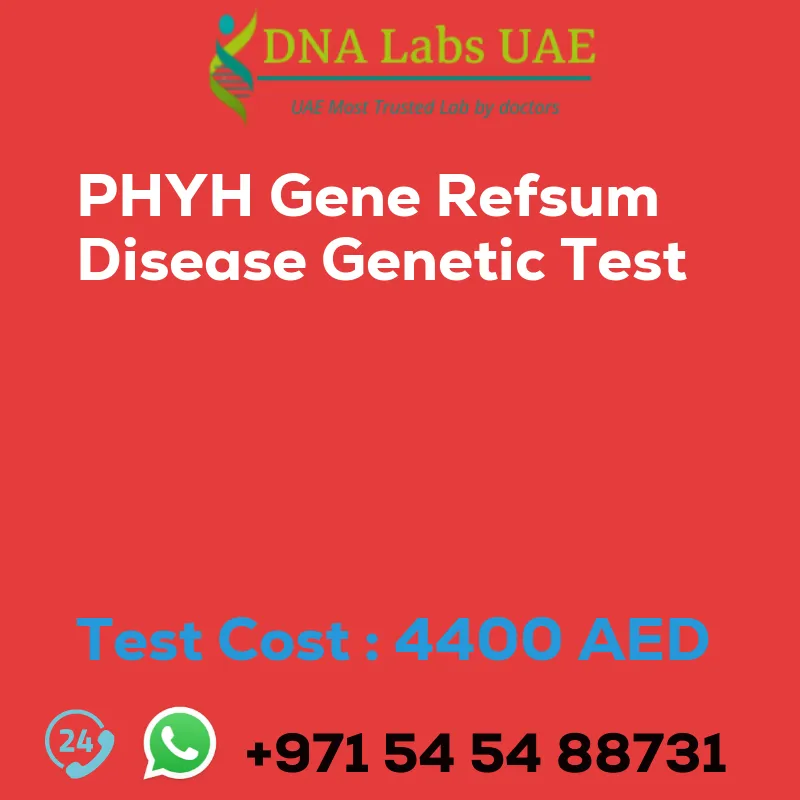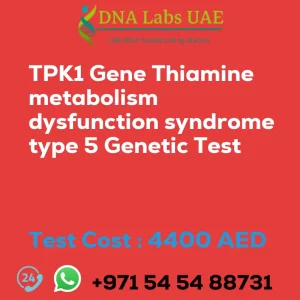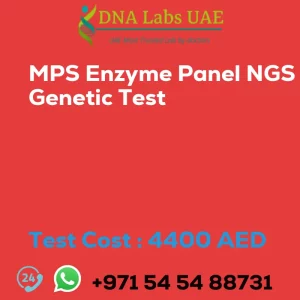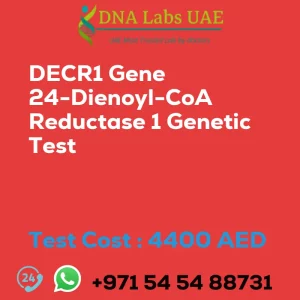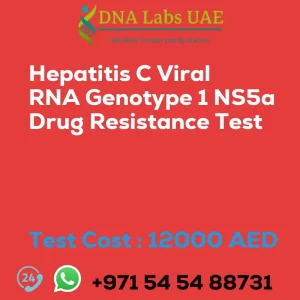PHYH Gene Refsum disease Genetic Test
Components: Gene Refsum disease, also known as phytanic acid storage disease or PHYH deficiency, is a rare genetic disorder characterized by the accumulation of phytanic acid in the body. This accumulation is caused by a deficiency in the enzyme phytanoyl-CoA hydroxylase (PHYH), which is responsible for breaking down phytanic acid.
Test Name: PHYH Gene Refsum disease Genetic Test
Price: 4400.0 AED
Sample Condition: Blood or Extracted DNA or One drop Blood on FTA Card
Report Delivery: 3 to 4 Weeks
Method: NGS Technology
Test Type: Metabolic Disorders
Doctor: General Physician
Test Department: Genetics
Pre Test Information: Clinical History of Patient who is going for PHYH Gene Refsum disease NGS Genetic DNA Test. A Genetic Counselling session to draw a pedigree chart of family members affected with Refsum disease.
Test Details: NGS (Next-Generation Sequencing) genetic testing is a type of genetic test that uses high-throughput sequencing technologies to rapidly sequence large amounts of DNA. This technique allows for the simultaneous analysis of multiple genes, making it useful for diagnosing genetic disorders like Gene Refsum disease. NGS genetic testing for Gene Refsum disease involves sequencing the PHYH gene to identify any disease-causing mutations or variants. By analyzing the DNA sequence, this test can determine if there are any changes in the gene that may be responsible for the deficiency in the PHYH enzyme. Genetic testing can help confirm a diagnosis of Gene Refsum disease, provide information about disease severity and progression, and guide treatment decisions. It can also be used for carrier testing and prenatal diagnosis in families with a known genetic mutation. It’s important to note that genetic testing should be performed and interpreted by healthcare professionals with expertise in genetic disorders. Genetic counseling is often recommended before and after genetic testing to discuss the implications of the results and provide support to individuals and families.
| Test Name | PHYH Gene Refsum disease Genetic Test |
|---|---|
| Components | |
| Price | 4400.0 AED |
| Sample Condition | Blood or Extracted DNA or One drop Blood on FTA Card |
| Report Delivery | 3 to 4 Weeks |
| Method | NGS Technology |
| Test type | Metabolic Disorders |
| Doctor | General Physician |
| Test Department: | Genetics |
| Pre Test Information | Clinical History of Patient who is going for PHYH Gene Refsum disease NGS Genetic DNA Test A Genetic Counselling session to draw a pedigree chart of family members affected with Refsum disease |
| Test Details |
Gene Refsum disease, also known as phytanic acid storage disease or PHYH deficiency, is a rare genetic disorder characterized by the accumulation of phytanic acid in the body. This accumulation is caused by a deficiency in the enzyme phytanoyl-CoA hydroxylase (PHYH), which is responsible for breaking down phytanic acid. NGS (Next-Generation Sequencing) genetic testing is a type of genetic test that uses high-throughput sequencing technologies to rapidly sequence large amounts of DNA. This technique allows for the simultaneous analysis of multiple genes, making it useful for diagnosing genetic disorders like Gene Refsum disease. NGS genetic testing for Gene Refsum disease involves sequencing the PHYH gene to identify any disease-causing mutations or variants. By analyzing the DNA sequence, this test can determine if there are any changes in the gene that may be responsible for the deficiency in the PHYH enzyme. Genetic testing can help confirm a diagnosis of Gene Refsum disease, provide information about disease severity and progression, and guide treatment decisions. It can also be used for carrier testing and prenatal diagnosis in families with a known genetic mutation. It’s important to note that genetic testing should be performed and interpreted by healthcare professionals with expertise in genetic disorders. Genetic counseling is often recommended before and after genetic testing to discuss the implications of the results and provide support to individuals and families. |

